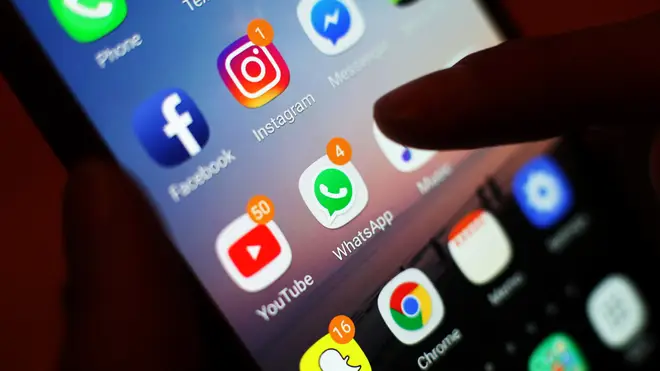
Iain Dale 7pm - 10pm
5 May 2021, 00:04

The tech giants have agreed to the controls after roundtable discussions with creative industry leaders for two years.
Facebook and YouTube have agreed to several anti-piracy measures in a move described by the creative industry as the “staging post, rather than the conclusion”.
The pair have been engaged in Government-backed roundtable talks with bodies including the Publishers Association, the English Premier League and UK record labels association, the BPI, over the matter for the past two years.
Among the bolstered action, both firms have introduced new policies aimed at preventing users from sharing piracy tutorial videos.
Facebook has started procedures to prevent links to rogue piracy sites appearing on the platform, as well as developing ways to proactively identify and remove more intellectual property infringements based on signals and feedback provided by creative rights owners.
Meanwhile, Google-owned YouTube has made it possible for rightsholders to remove infringing links at scale more quickly.
Geoff Taylor, chief executive of BPI and Brrit Awards, and also lead of the IP group of the Creative Industries Council, said: “There remains much work to do to reduce online infringement, which continues to hinder the growth of the UK’s world-beating creative industries, but I would like to thank Facebook and YouTube for their positive engagement and their efforts to address many of the issues brought forward in the roundtable.
“Today’s announcement represents a staging post, rather than the conclusion of that process.”
Twitter was also part of the discussions but had made “no significant progress”, according to Mr Taylor, saying that it “underlines the urgent need for Government to ensure that all online platforms take a responsible approach to dealing with content”.
Amanda Solloway, Minister for Intellectual Property, said: “Piracy is a global problem and can only be addressed when multinational corporations are willing to put their weight behind efforts to combat it.
“I’m pleased that Facebook and YouTube, with the support of the IPO (Intellectual Property Office), have been able to agree new voluntary measures that will see more of our great British content safeguarded.
“I call on other social media platforms to work with the Government and creative industries to identify workable solutions to ensure that those who create world class creative content are adequately protected online.”
The Motion Picture Association (MPA), Sky, Professional Publishers Association (PPA), interactive entertainment trade body trade UKIE and ACID which represents designers, were also involved in the discussions.